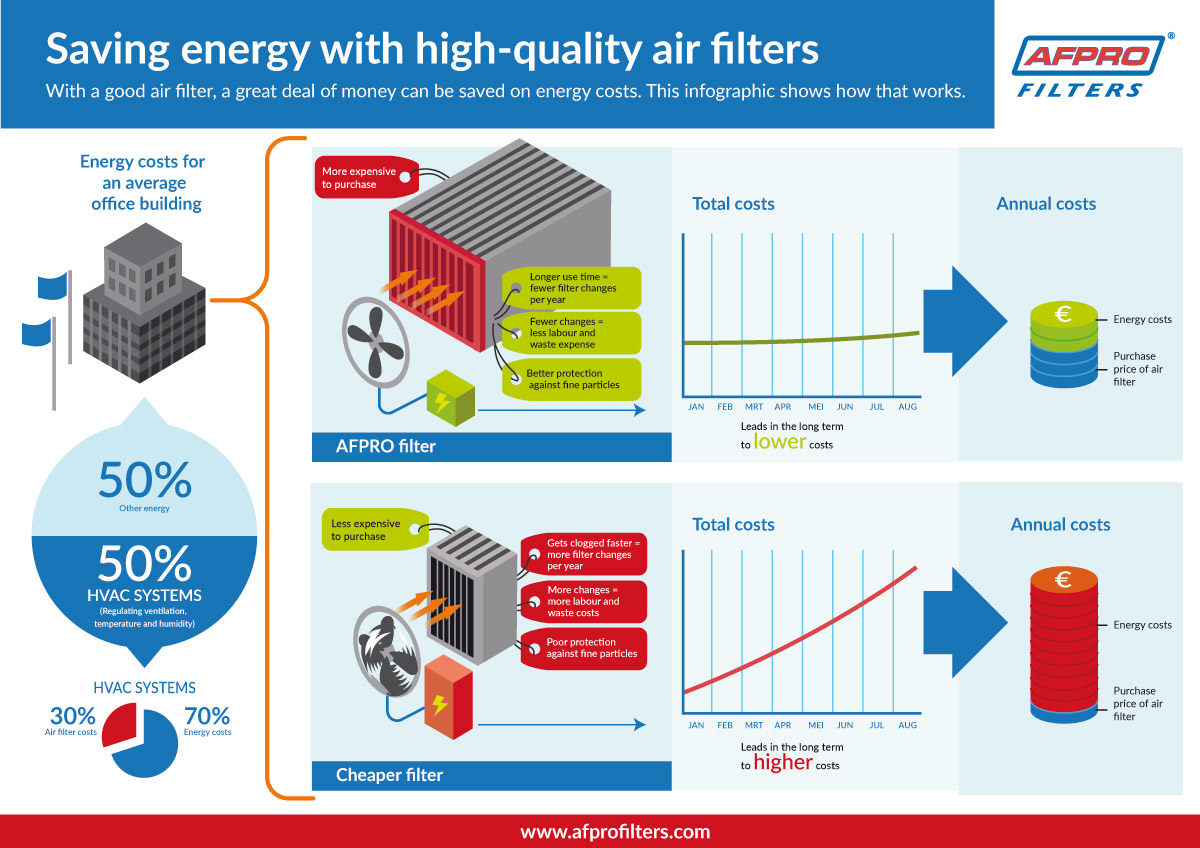Figure Out How To Maximize The Efficiency And Lifespan Of Your Heatpump System By Avoiding Conventional Setup Blunders
Figure Out How To Maximize The Efficiency And Lifespan Of Your Heatpump System By Avoiding Conventional Setup Blunders
Blog Article
Article By-Saunders Wheeler
When mounting a heatpump, you have to stay away from common errors that could jeopardize its efficiency. Forgeting appropriate sizing may lead to inefficiencies and greater utility expenses. Ignoring insulation and securing might result in energy wastage and pressure on the system. Additionally, placing the outdoor unit incorrectly may affect its efficiency. By preventing these mistakes, you can guarantee ideal functioning and sturdiness of your heatpump system.
Improper Sizing of Heatpump
When it comes to the installment of heatpump, among one of the most usual mistakes is improperly sizing the device for your room. Making certain the best size is critical for ideal performance. If the heat pump is too little, it will certainly struggle to warm or cool your space efficiently, resulting in increased energy costs and potential damage on the device.
On the other hand, if the heatpump is also huge, it will cycle on and off often, causing temperature changes and decreasing its life-span.
To avoid this error, it's necessary to have a specialist evaluate your space and advise the proper size of the heat pump based on variables like square video footage, insulation, ceiling elevation, and regional environment. By spending navigate to this web-site and initiative to make certain the appropriate sizing, you can appreciate a comfortable atmosphere while making the most of energy effectiveness and lengthening the life-span of your heat pump.
Inadequate Insulation and Sealing
To ensure the reliable operation of your heat pump, it's crucial to attend to inadequate insulation and sealing in your room. Proper insulation aids preserve a regular temperature inside your home, decreasing the work on your heat pump. Inadequate insulation can cause power loss, making your heat pump job harder and much less effectively.
Sealing any kind of gaps or leaks in your room is equally important. These spaces permit conditioned air to get away and exterior air to seep in, requiring your heatpump to make up for the temperature level changes.
Incorrect Positioning of Outdoor System
Addressing the placement of your heatpump's outside system is vital to maximizing its efficiency. Installing the exterior system in an incorrect place can cause effectiveness concerns and prospective damages to the system.
One usual error to avoid is placing the outdoor device also near a wall or various other structures. This can limit air flow, causing the device to function tougher to heat or cool your room, eventually minimizing its performance and life expectancy.
Another error to steer clear of is placing the outdoor system in direct sunshine. While some sunshine is inescapable, excessive direct exposure can cause getting too hot, specifically during hot summer season days. It's best to place the outside unit in a shaded area to help preserve its optimum operating temperature level.
Moreover, ensure that https://besthvaccontractorsmainte22211.blogtov.com/11667627/checking-out-the-effects-of-weather-on-heatpump-operations-and-practical-procedures-to-boost-efficiency is put on a steady and level surface. Uneven ground can trigger vibrations and unnecessary pressure on the device, impacting its performance in time.
Conclusion
Finally, avoiding typical errors during heat pump setup is crucial for making best use of efficiency and longevity of your system. By guaranteeing appropriate sizing, ample insulation, sealing, and correct placement of the outdoor unit, you can avoid problems such as inefficiencies, boosted power expenses, and strain on the unit. Making the effort to attend to these crucial elements will eventually save you money and time in the future.
